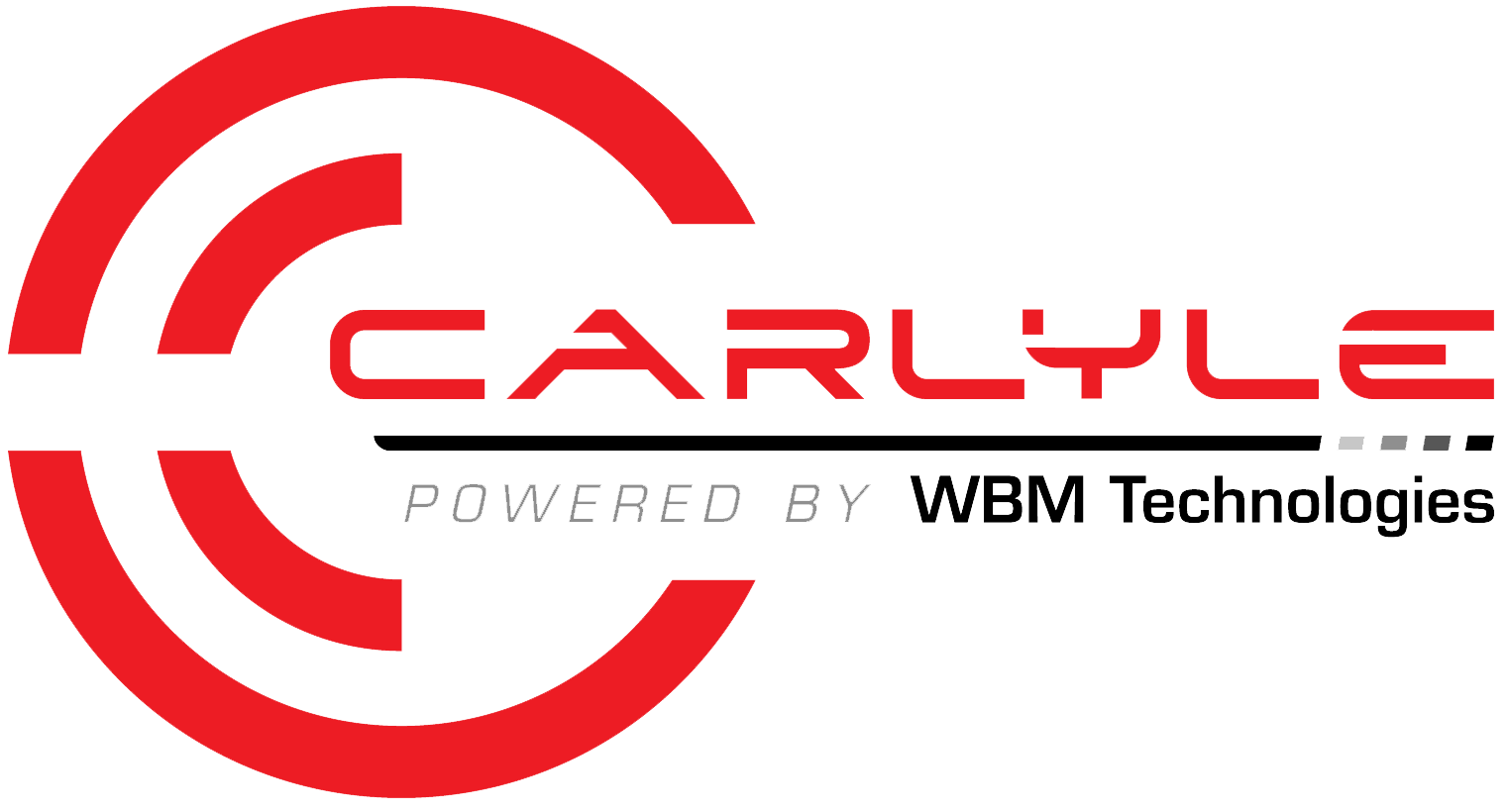Blog
Stay current with the latest Announcements, Blogs and Articles about us and the industry by reading our latest blogs and news.
BEWARE OF TONER SCAMS!
Published By: Carlyle Printers, Service and Supplies Admin | Mon Jun 04, 2018
BEWARE OF TONER SCAMS - Scams are all too common - at some point most businesses will likely be targeted in one form or another.
- Based on information from http://www.competitionbureau.gc.ca/eic/site/cb-bc.nsf/eng/02600.html
Office supply scams
Typical products used in this type of scam include ink & toner.
This scam involves one or more unsolicited phone calls to a targeted business. The goal of the first call is to gather information on your company, such as your name, names of your colleagues, a corporate mailing address or type of office equipment used.
A second or third phone call is placed to a colleague and the caller uses the acquired information to imply an existing business relationship. Thus, your colleague is misled and then is drawn into agreeing to accept shipment of supplies that were never ordered in the first place (this is referred to as an "assumed sale" scam).
When the supplies are delivered, (if they are delivered, sometimes you will never see the actual supplies but will receive an invoice) you realize that they are not what you thought you were getting–they are of poor quality and cost as much as 10 times above the market rate. If you try to send the box back, you find that their mailing address does not accept deliveries.
When you refuse to pay the invoice, you receive countless aggressive collections calls threatening to report you to credit agencies and local business associations to damage your reputation. If you do pay, the problem can get worse as the scammers continue to attempt to get even more money from you.
***If you have a service agreement - you pay per printed page on a monthly/quarterly invoice from your service provider, you do not pay for toner.
Phony invoice scam
This scam follows the "assumed sale" tactic described above by simply sending an invoice or bill requesting payment to an unsuspecting target.
In this scam, you receive an invoice or bill requesting payment. The phony invoice may arrive with a product. The invoice appears credible, with a professional layout and on high‑quality paper. You are misled into believing this invoice requires payment. Over time, these fraudulent operations appear on your vendor lists, which means that the next invoice is more likely to be paid without question.
This scam often impersonates a legitimate business, and at a quick glance, the paper you receive can often be mistaken for a bill for real charges. Invoice scams typically are for low amounts that are more likely to go undetected, but small quarterly or monthly losses add up over time.
Building an anti‑fraud plan
Here are things you can do today to protect your organization from fraud.
Closely examine any ads or offers and ask questions about anything that's unclear. Review all unsolicited offers with a critical eye.
Inform yourself about the product or service offered and don't be pressured to act immediately. Take time to do your research.
Ask for information about the business address, product line and customer references. Any reputable organization will provide you with this information.
Hang up if you feel that this is not a legitimate offer or company. Trust your instincts.
Don't judge reliability by look and feel. With the help of a good desktop publishing software, a scam artist can produce a slick flyer, e‑mail message or invoice with very little investment.
Always ask for a copy of the offer in writing.
Make it your policy not to agree to purchases over the phone. All purchases should be authorized in writing.
Review all invoices and charges regularly each quarter.
Be wary of requests to “update” your account information. Unidentified calls and e‑mails to confirm names, business addresses, make and model numbers for office equipment or other seemingly routine information can lead to problems. You may be providing criminals with the information they need to gain access to others in your organization.
If you are told that you agreed to a purchase but don't recall doing so, ask for a copy of the order in writing.
Assign a limited number of employees to make purchases. Make sure that employees with financial signing authority understand what responsibilities are tied to signing their names on invoices and purchase orders.
Before paying, make sure you get what you ordered. Don't be bullied into paying for something because of threats to damage your credit rating.
Implement a reward and recognition program for employees who prevent your organization from being scammed or those who help uncover losses due to fraud.
Review your vendor list each year. Just because their name and address appear in your system doesn't mean that you should pay their invoice.
Invest in a firewall and ensure your anti‑virus and anti‑spam software is up‑to‑date.
Talk to your staff and colleagues about fraud. Decide how your organization will handle situations involving employees coming forward to report losses.
For more information, visit: The Government of Canada's FACT: Fraud Awareness for commercial targets.
Subscribe
Stay up to date with Carlyle

